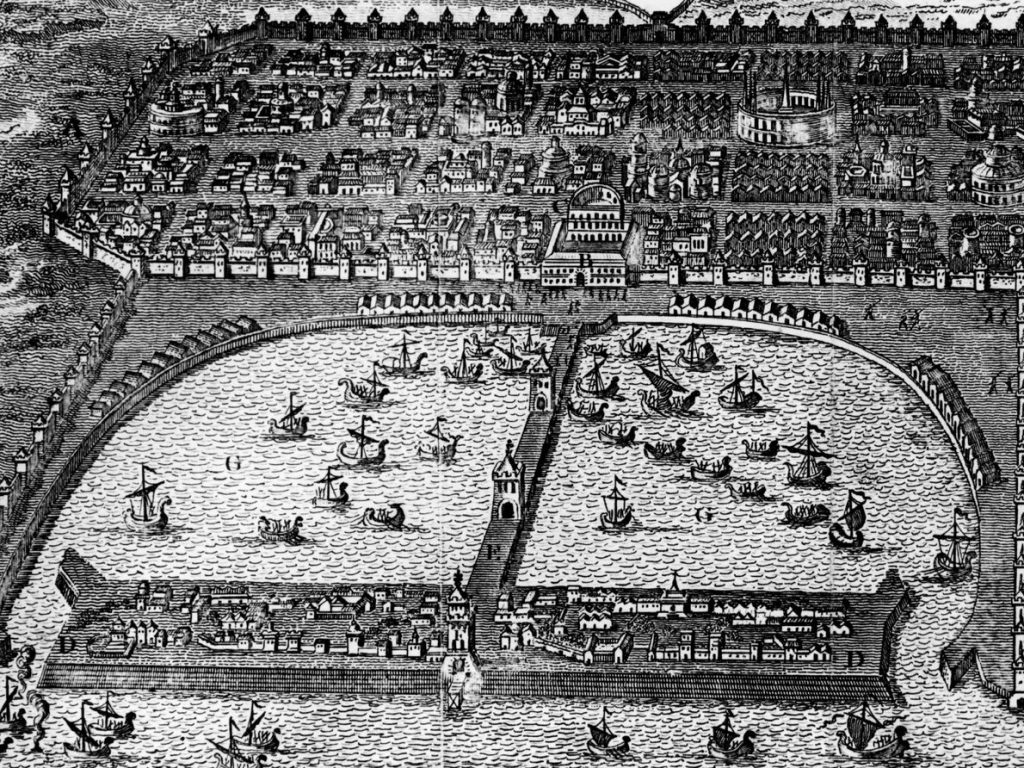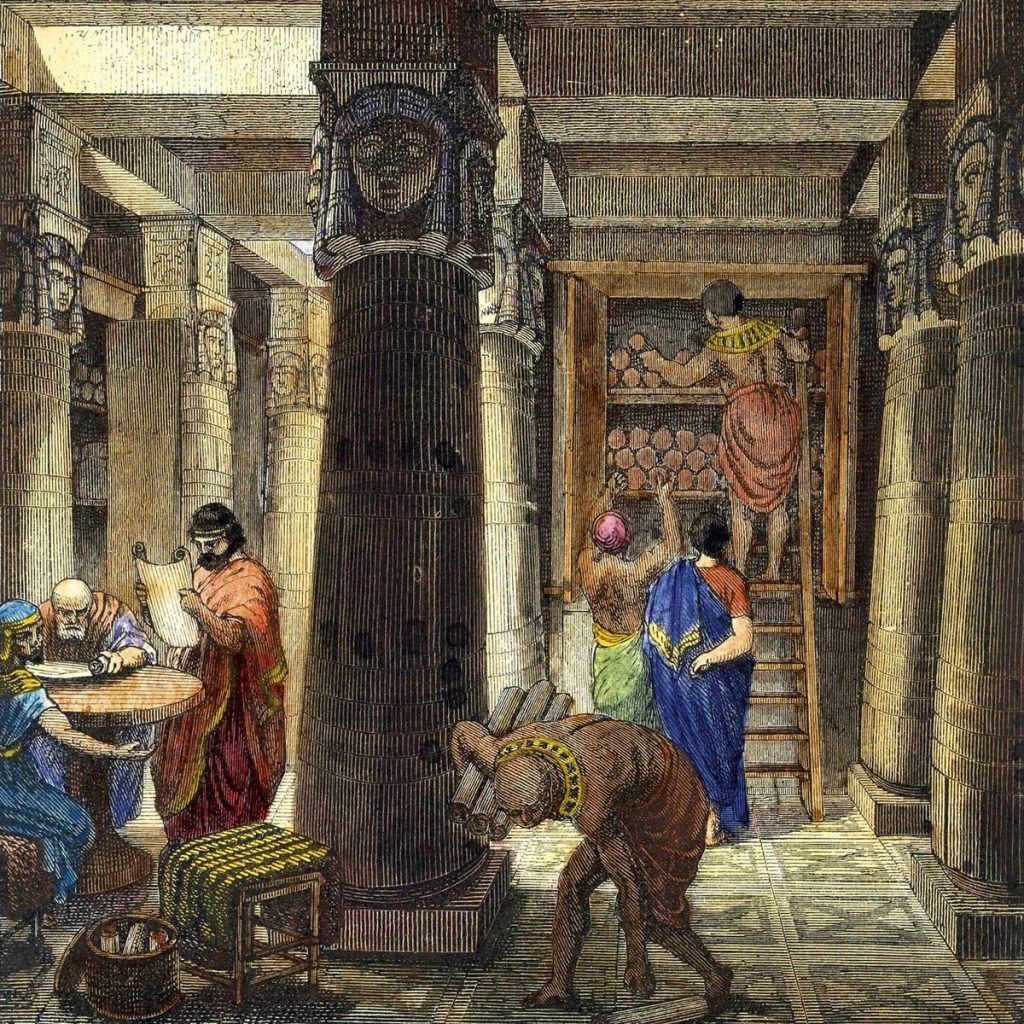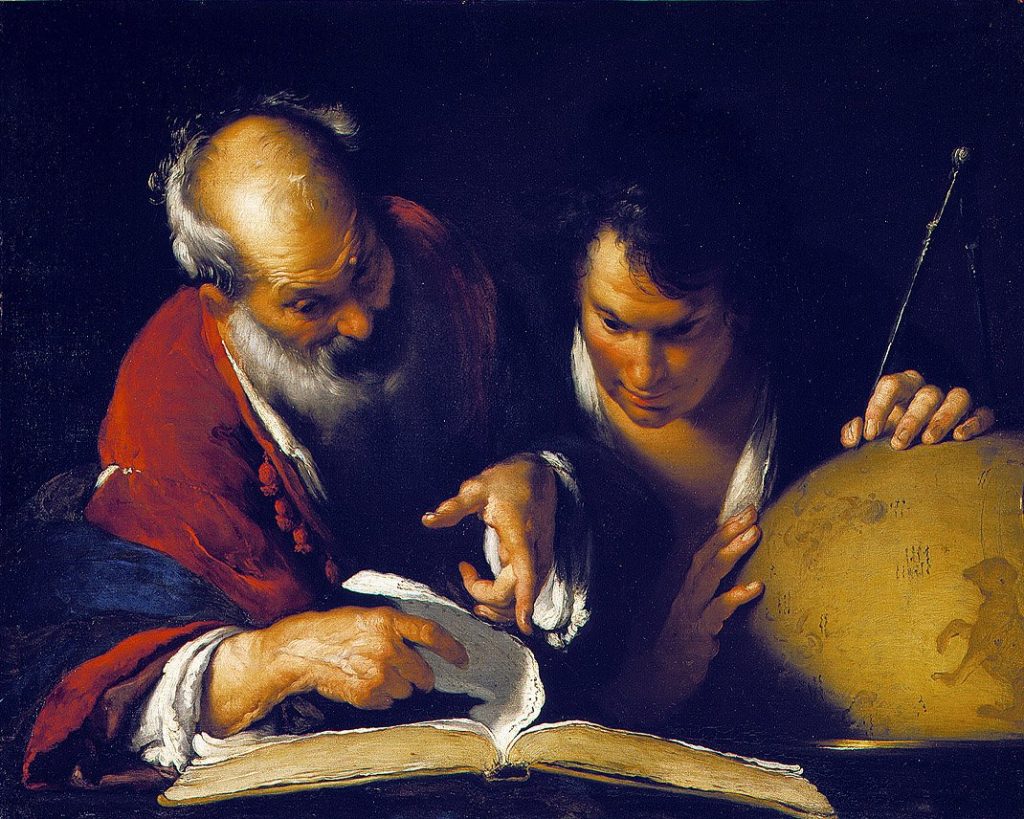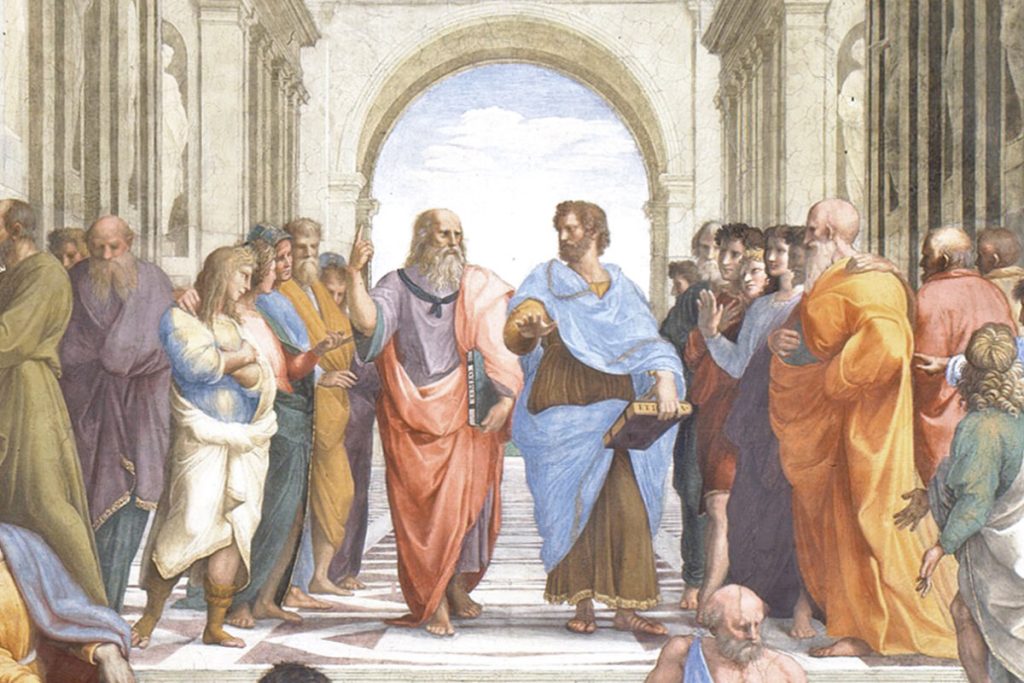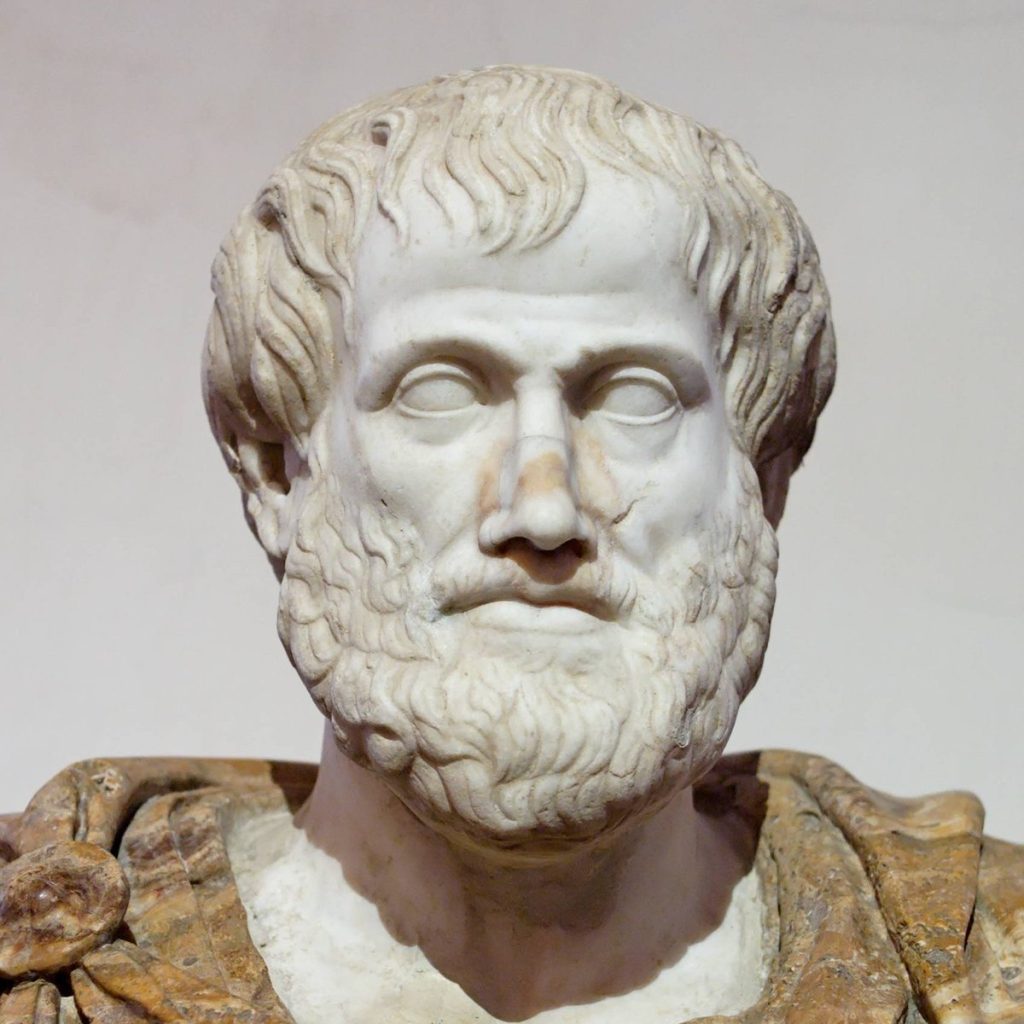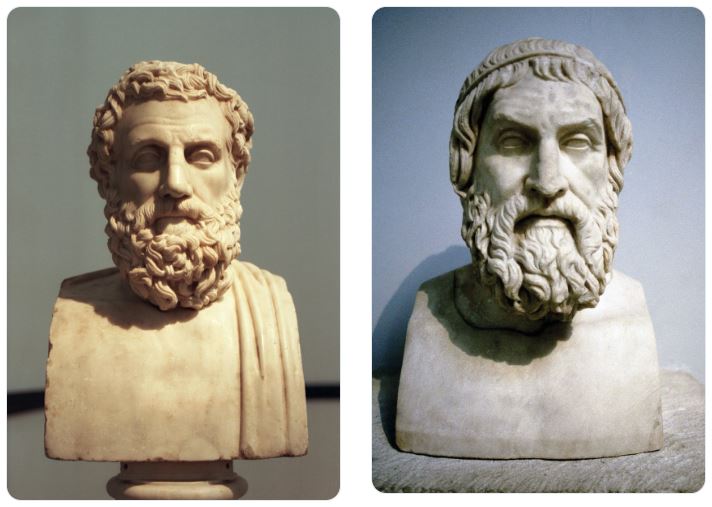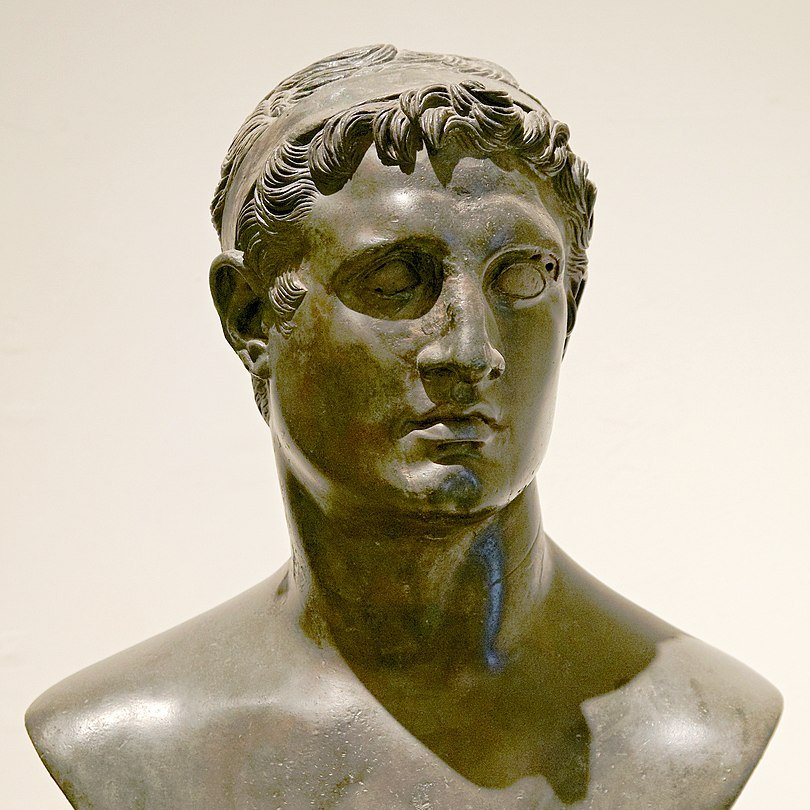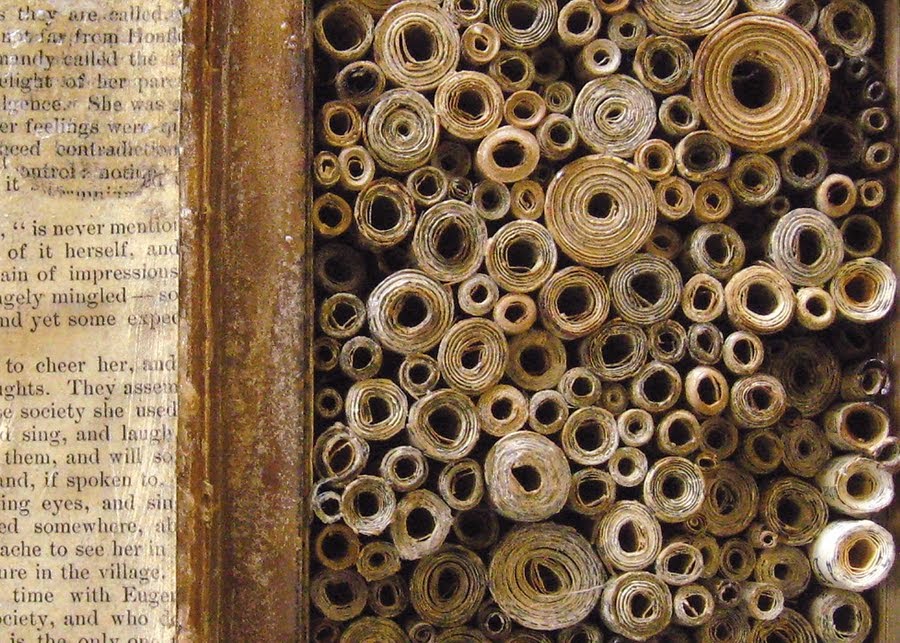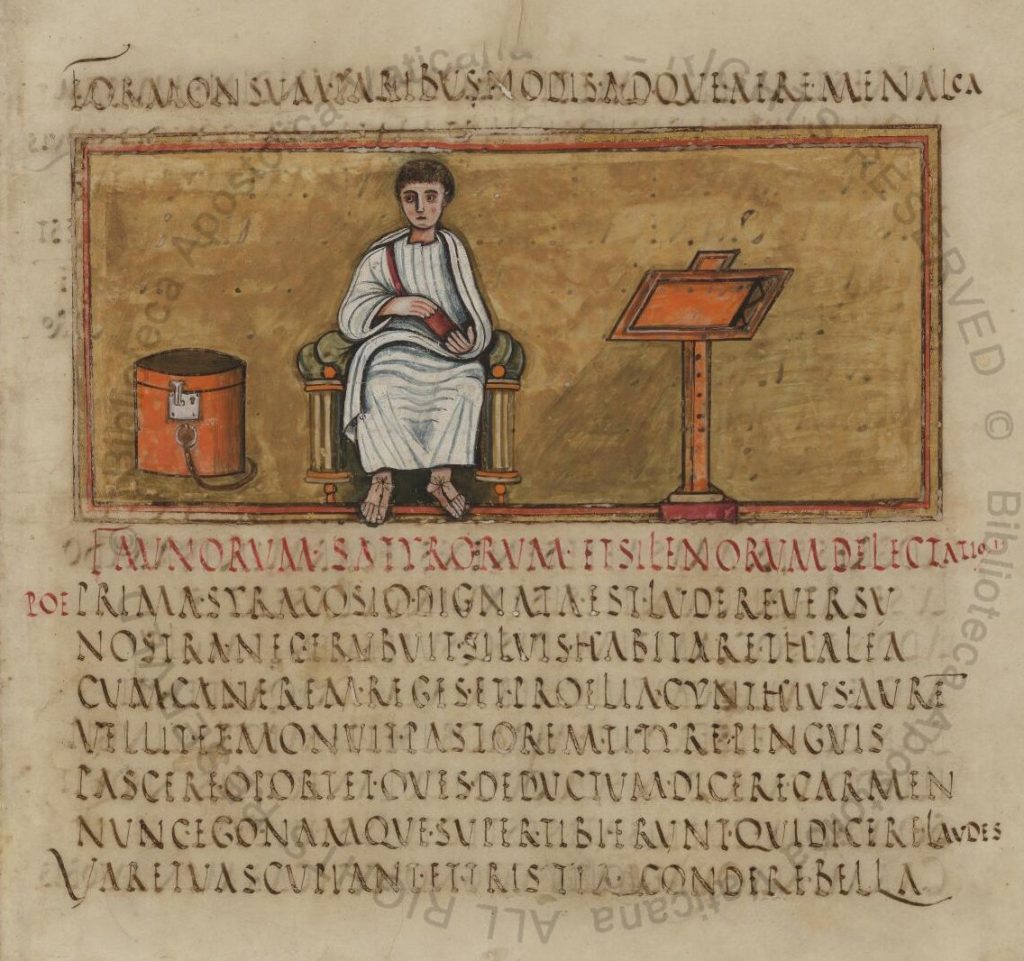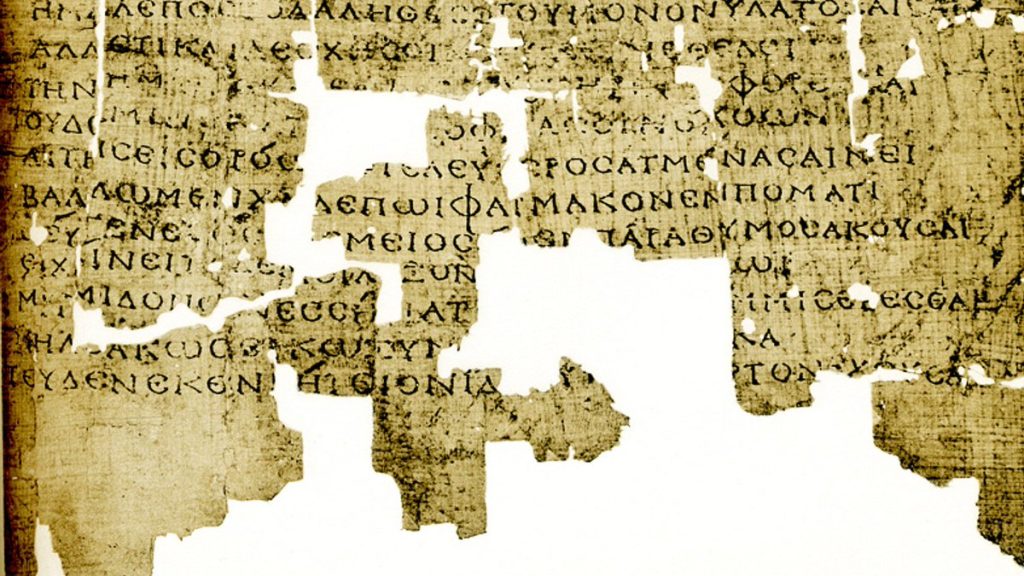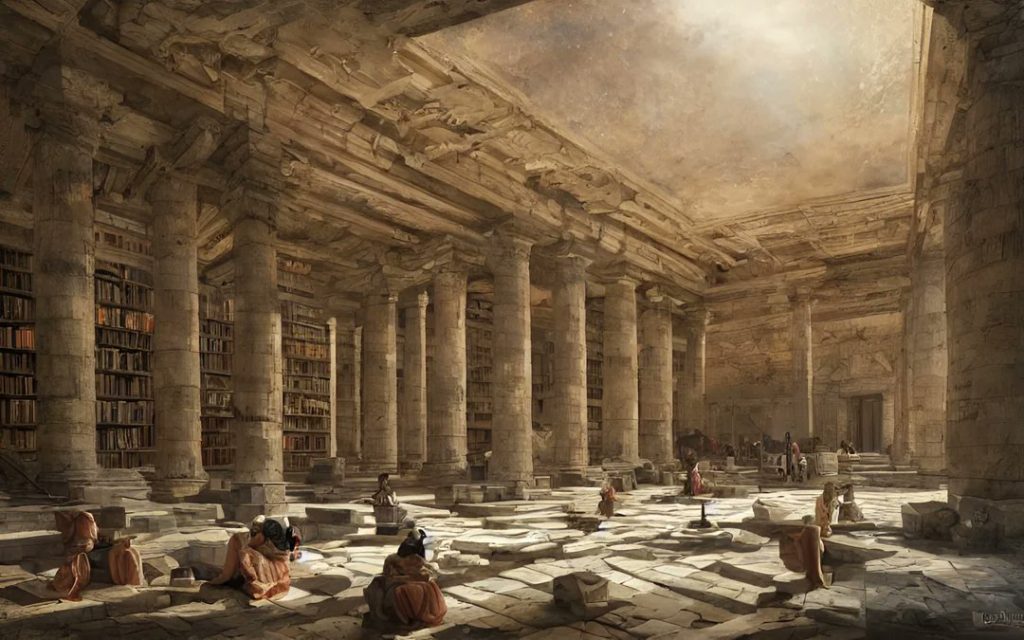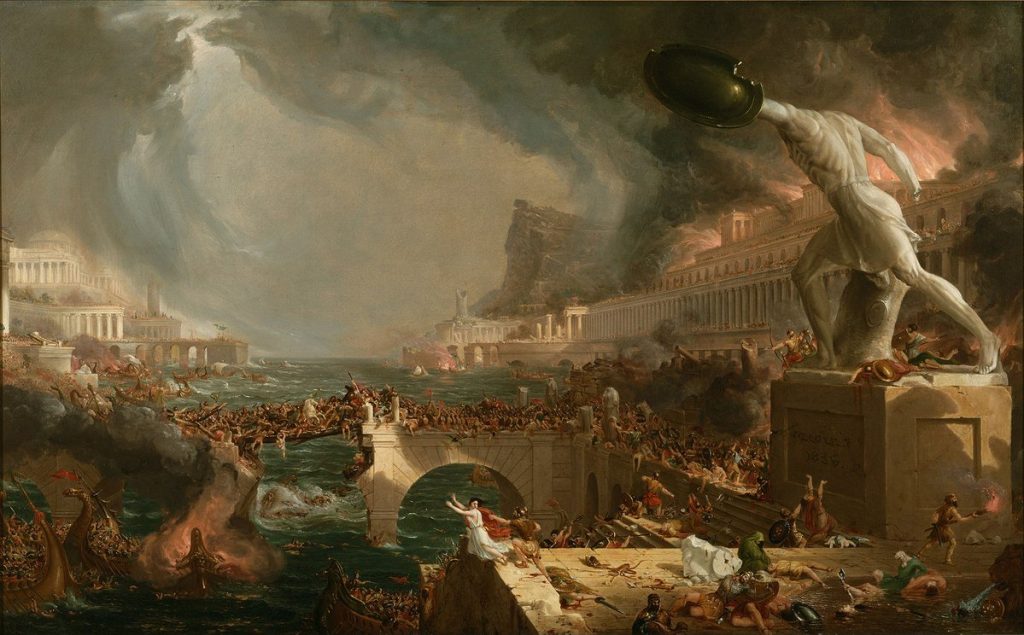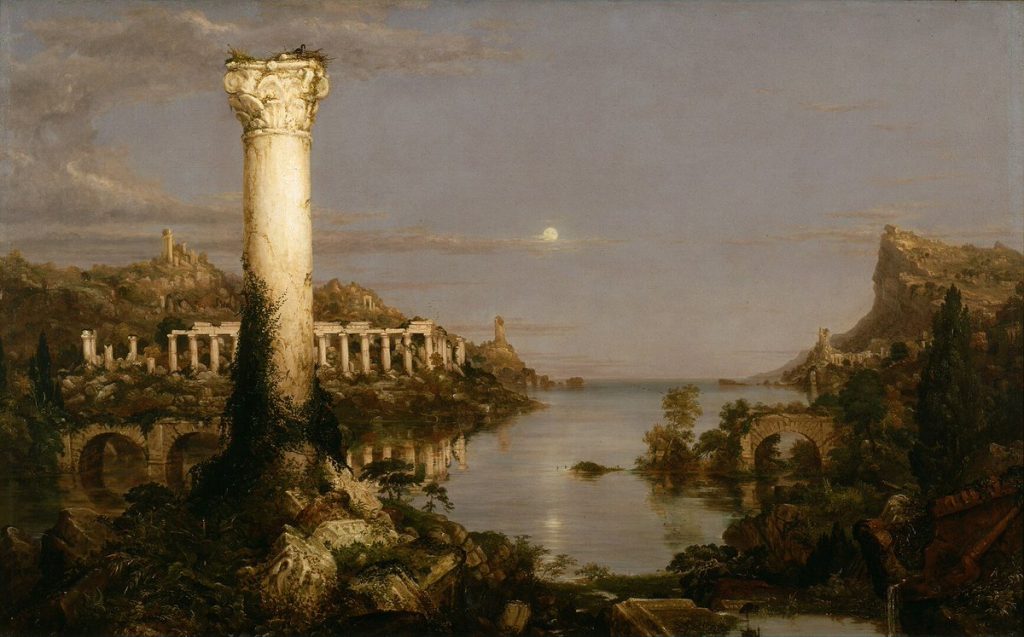“What Was Lost When The Library of Alexandria Burned?”
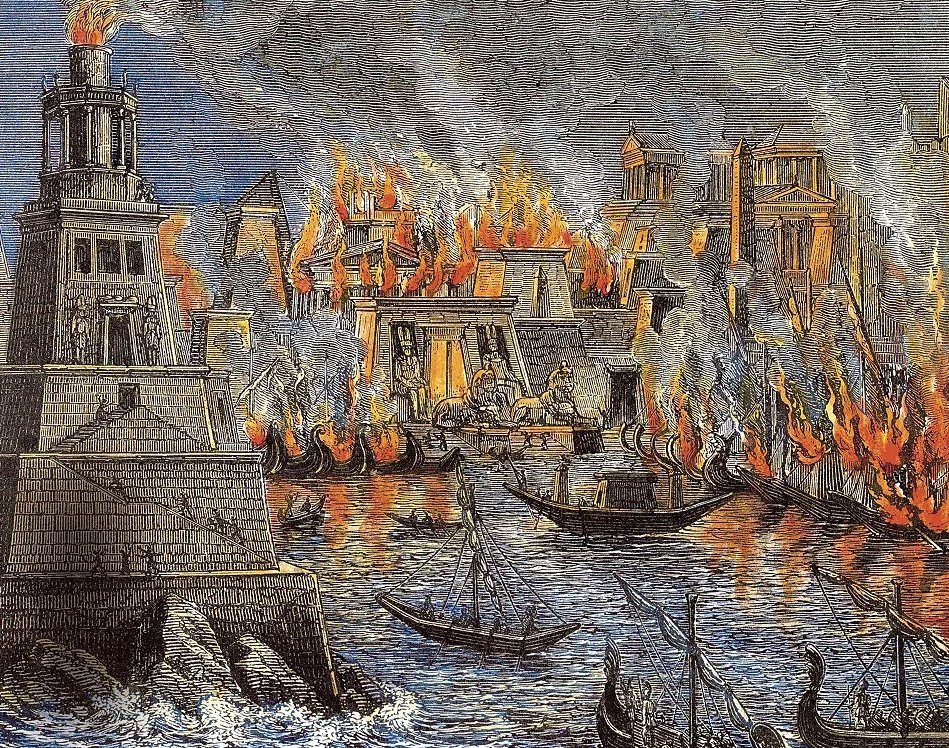
Original Thread: https://x.com/Culture_Crit/status/1798069581871038778
What was lost when the Library of Alexandria burned?
Well — our entire knowledge of the Greco-Roman world comes from about 500 volumes. 700,000 scrolls were potentially lost at Alexandria alone.
Alexandria was once antiquity’s greatest city — a trade port connecting Africa, Europe and Asia.
When Ptolemy I took control of Egypt in 305 BC after the death of Alexander the Great, he built Alexandria into his thriving capital.
He wanted it to be the intellectual center of the world — the new Greece. He had a great library and museum built, and the lighthouse: one of the 7 Wonders of the Ancient World.
The library was to contain all the knowledge of antiquity under one roof.
Ptolemy acquired books aggressively, and scholars came from across Egypt, Greece, Persia, India — and were paid generously.
Every ship docking in Alexandria had to submit all written material on board for the library to make copies.
It became the world’s largest collection of manuscripts — some say 700,000 scrolls at its peak.
So what was really in there, and what did we lose?
Ptolemy’s buying spree furnished it with manuscripts of incalculable value: Plato, Homer, Herodotus.
And very significant original work took place: Earth’s circumference was calculated for the first time in Alexandria.
Among the most precious lost works were the writings of Aristotle, which Ptolemy II paid a fortune to acquire.
Aristotle wrote as many as 200 treatises in his life, across philosophy, natural sciences, economics.
Today, we have just 30 of them — none of which survive in complete form.
Just these had immeasurable impact for centuries, so imagine what might’ve been in the remaining 90%.
There were the lost plays of Aeschylus and Sophocles, who wrote over 73 and 100 plays respectively — the vast majority now missing.
They might’ve been foundational works of Western literature, or taught us things about Greek life we’ll never know.
But if we could have just one lost item back it would easily be the “Pinakes” of Callimachus.
Callimachus was a librarian who catalogued the library by subject, author, with a summary of each book’s contents — the first time it was ever done in the West.
It was 120 papyrus rolls of information. Essentially a detailed guide of the entire intellectual world of antiquity.
It hurts to think just how much we might know had it been recovered.
So what happened to the library?
We don’t really know. Some say Caesar’s men razed it by accident during a civil war in 48 BC, or Diocletian did when he sacked the city in 298 AD.
These events likely did damage, but something worse happened.
Texts through history weren’t generally lost in fires — but because they weren’t copied in the first place.
Cultures need a reason to preserve them. We have so much Virgil and Homer today because they were in school curricula for centuries.
And remember: papyrus was fragile enough that regular handling eroded it. Ancient libraries had to continually re-copy their texts, so commitment was required to maintain them.
If that commitment fell away, so did the knowledge.
The fate of Aristotle’s works is unclear, but one account says they weren’t burned but confiscated by Sulla — why?
The historian Plutarch said it was “because they had fallen into idle and base hands”.
Alexandria’s texts were at risk long before any disaster struck. Successors to Ptolemy didn’t share his commitment to knowledge, and the library fell into disuse.
By 400 AD, there are no accounts of a great library at Alexandria at all.
The great library died because classical culture did.
Cultures aren’t lost in great fires — they die from something much worse: apathy.
Preserving knowledge (and culture) requires a constant state of tending and diligence.
One of our country’s most important freedoms is that of free speech.
Agree with this essay? Disagree? Join the debate by writing to DailyClout HERE.







